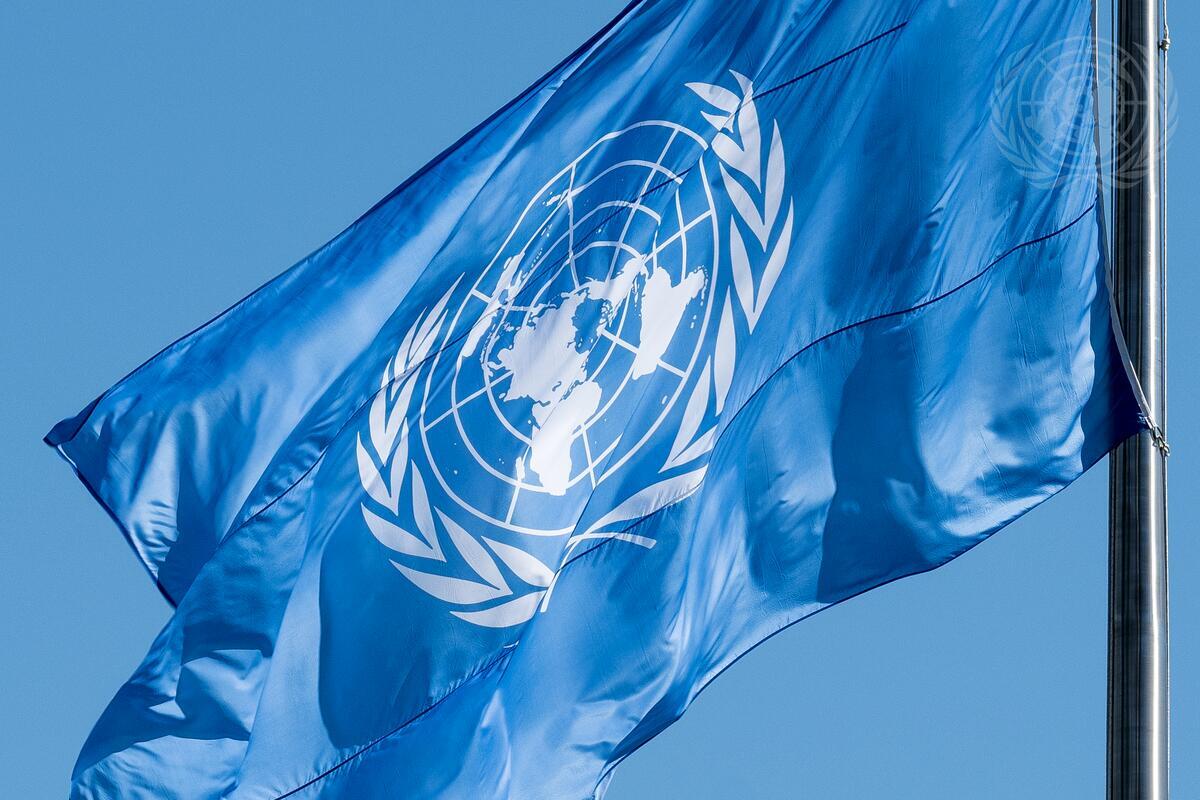The Secretary-General’s report on reprisals has again shown the lengths certain States are willing to go to silence or intimidate critics from civil society. The UN cites 41 countries responsible for acts of intimidation and reprisals, with the majority of cases already included in previous reports and still unresolved.
Among new cases is Assa Traoré, a prominent woman human rights defender and founder of La Vérité pour Adama. She has been campaigning for truth and justice for her brother, Adama Traoré, a Black French man who was killed in police custody in 2016. Adama Traoré’s case is highlighted as an emblematic case in the High Commissioner’s reports to the UN Human Rights Council (1).
Assa Traoré and her organisation have engaged with the UN on several occasions to advocate for a transparent investigation to establish the responsibility of the police officers for the death of her brother and for them to be brought to justice. This includes submitting a report to the High Commissioner for Human Rights in 2020, delivering a joint statement at the 49th session of the Human Rights Council in March 2022, and speaking at France’s review by the Committee on the Elimination of Racial Discrimination (CERD) in November that same year.
Assa Traoré’s participation in the CERD meeting was met by virulent online responses, including from far-right circles and police trade unions, adding to years of judicial harassment by State prosecutors, as well as the authorities’ continued inaction in the face of defamatory campaigns against her, her family and their supporters. The targeting of Assa Traoré has also had a considerable adverse impact on all other families who wish to speak out and seek justice for the crimes and violence committed by the police.
‘French authorities must end the judicial and political attempts at criminalising and discrediting Assa Traoré, hold those responsible accountable and guarantee her safety and ability to carry out her legitimate human rights work,’ said Salma El Hosseiny, senior programme manager for ISHR. ‘France, a sitting member of the Human Rights Council that is seeking re-election, cannot continue to skirt around its manifest and deep-seated human rights issues. This includes systemic racism and impunity for police violence. Authorities cannot keep failing to guarantee the rights of activists seeking to address such issues at the UN,’ El Hosseiny emphasised.
France is one of six States cited in the reprisals report that are seeking election at the Human Rights Council, with elections scheduled for 10 October. Other Council candidates include Burundi, China, Cuba, Indonesia and Russia.
‘The UN human rights system cannot function if defenders and civil society organisations are barred from or prevented from feeding it crucial information,’ stressed Madeleine Sinclair of ISHR. ‘All States seeking a place within the UN’s principal human rights body should be exemplary and push for full and unhindered participation by civil society actors in all international human rights debates.’
This year’s report also comes as one case reaches a grim milestone: the tenth anniversary of the arrest of late Chinese activist Cao Shunli. Cao, a woman human rights defender and lawyer, was detained by Chinese authorities at Beijing’s international airport in September 2013 as she tried to make her way to Geneva to attend a session of the Human Rights Council. Cao died in custody in March 2014, having reportedly been denied adequate sustenance and medical care as she faced torture and ill-treatment throughout her detention. To this day, no official has been held accountable for her fate.
‘The tenth anniversary of the death of Cao Shunli is a tragic reminder of the risks human rights defenders can face when engaging with the UN human rights mechanisms. The total lack of accountability continues as does the Chinese government’s relentless harassment of defenders for their human rights work’, said Raphael Viana David, China advocate for ISHR.
The Secretary-General’s report will be discussed at the Human Rights Council during an interactive dialogue with the Assistant Secretary-General for Human Rights, on 28-29 September. ISHR has been campaigning to draw attention to five cases of reprisals from around the world, some of which are included in this report. These are Kadar Abdi Ibrahim (Djibouti), Vanessa Mendoza Cortés (Andorra), Anexa Alfred (Nicaragua), Maryam al-Balushi and Amina al-Abduli (United Arab Emirates), and those of civil society organisations targeted by Hong Kong’s ‘National Security Law’.
ISHR is urging States to raise those cases in the Human Rights Council and other multilateral bodies and pressure governments to resolve them.
(1) Background information: Following the murder of George Floyd in May 2020, the HRC requested the High Commissioner to annually report on systemic racism and violations of international human rights law against Africans and people of African descent by law enforcement agencies that would contribute to accountability and redress for victims.The High Commissioner highlighted Adama Traoré’s case as “illustrative of challenges to seek truth and justice promptly in cases of deaths of Africans and people of African descent while in police custody“. On 5 October, the High Commissioner will present his 2023 report to the HRC which illustrated the ongoing impunity for Adama’s death and the reprisals against Assa Traoré.




